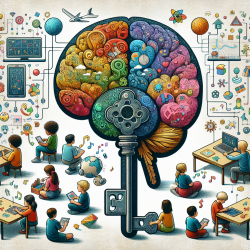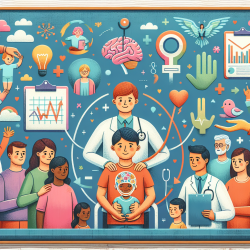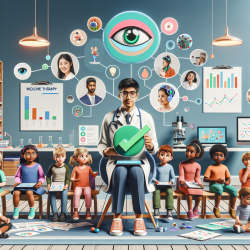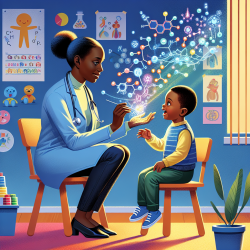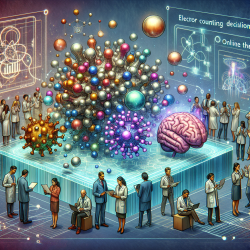Understanding the Intersection of Environmental and Humanitarian Crises in Gaza
The recent research article titled "A call from 40 public health scientists for an end to the continuing humanitarian and environmental catastrophe in Gaza" provides a comprehensive overview of the current humanitarian crisis in Gaza. This article is not just a call to action for policymakers but also a critical resource for speech-language pathologists (SLPs) and other healthcare practitioners who work with children affected by such crises.
The Impact on Child Development
Children in Gaza are experiencing unprecedented levels of trauma due to the ongoing conflict. According to the research, nearly 17,000 children have been orphaned or separated from their families. This separation can lead to significant emotional and psychological distress, which can, in turn, affect speech and language development. As SLPs, it is crucial to understand these dynamics to provide effective therapy.
Environmental Factors and Health
The destruction of infrastructure, including schools and healthcare facilities, has left children without access to basic education and healthcare services. Additionally, the environmental degradation caused by the conflict, such as air and water pollution, poses further risks to children's health and development. These factors are critical when considering the holistic needs of children in therapy.
Actionable Strategies for SLPs
- Trauma-Informed Care: Implementing a trauma-informed approach is essential when working with children from conflict zones. Understanding the signs of trauma and adapting therapy techniques accordingly can significantly improve outcomes.
- Collaborative Efforts: Collaborate with other healthcare professionals, including psychologists and social workers, to address the multifaceted needs of these children.
- Remote Therapy Options: Given the destruction of physical infrastructure, online therapy platforms like TinyEYE can provide critical access to speech therapy services.
- Advocacy and Awareness: Use your platform to advocate for the needs of children in conflict zones. Raising awareness can lead to increased support and resources.
Encouraging Further Research
The article underscores the importance of further research into the long-term impacts of environmental and humanitarian crises on child development. SLPs can contribute to this body of knowledge by documenting their observations and outcomes in therapy sessions. This data can be invaluable for developing more effective intervention strategies.
Conclusion
The situation in Gaza is a stark reminder of the complex interplay between environmental and humanitarian crises and their impact on child development. As SLPs, we have a unique role to play in supporting these vulnerable populations. By staying informed and adapting our practices, we can make a significant difference in the lives of children affected by such crises.
To read the original research paper, please follow this link: A call from 40 public health scientists for an end to the continuing humanitarian and environmental catastrophe in Gaza.




